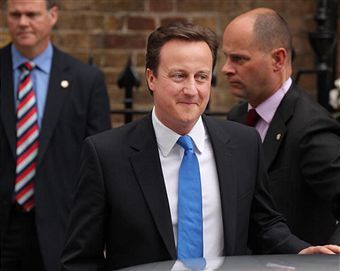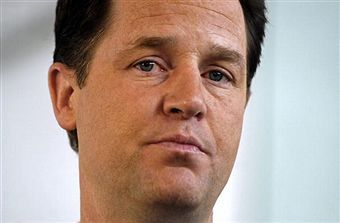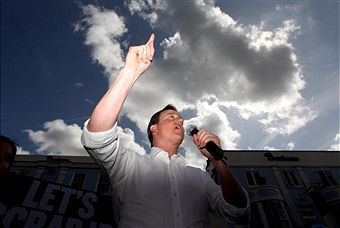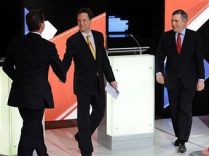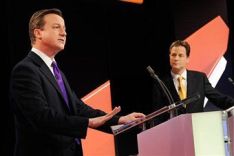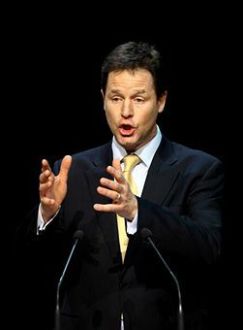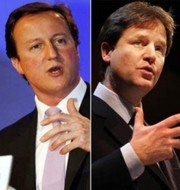Electoral reform is the deal maker
Former Tory MP and current associate editor of Conservative Home, Paul Goodman, has analysed where Cameron and Clegg can accommodate one another. It’s a must-read and gives enough hope that Cameron and Clegg may ally to keep a thoroughly discredited Labour party from office. The Tories and Lib Dems share common ground on the bland areas of policy; and, as one expects, they diverge over more contentious issues. Much is made of Clegg and Cameron’s passion for all things green and renewable. This encompasses such thrilling pastures as home insulation, carbon capture and emissions targets. The grander aspects of energy policy will necessitate accommodation through compromise. Does Britain’s energy security lie



